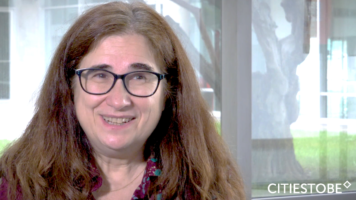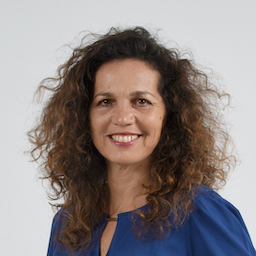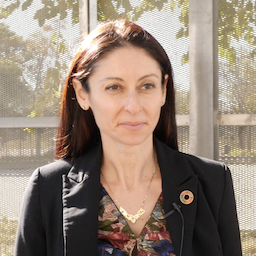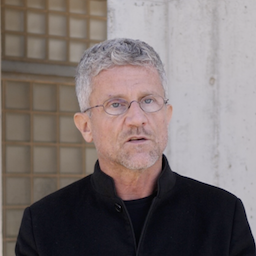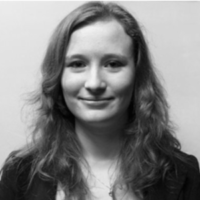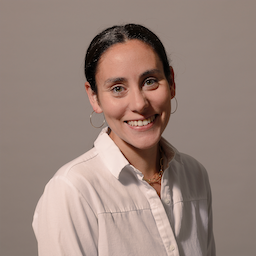Orna Rosenfeld: «Vienna and Singapore address housing affordability in the most efficient manner»
By | 2023
Housing is a vital element with far-reaching implications. It forms the foundation upon which personal and collective plans and projects are built, playing a decisive role in overall well-being. Simultaneously, housing shapes urban dynamics, configuring human and community relationships within our cities. It stands at the core of the attractiveness or decline of entire neighborhoods and sectors. However, from an urban management perspective, housing is a complex sector involving multiple actors, dimensions, and interests. This complexity poses a significant challenge—finding a delicate balance between affordability, low-carbon housing, and the citizen’s right to the city.
In this conversation (both in video and text), we delve into these critical aspects with Dr. Orna Rosenfeld, an independent advisor in Housing and Urban Affairs who has served international organizations, governments, and cities in 56 countries in their pursuit of housing for what she aptly terms ‘inclusive urban futures’.
— How would you define a city?
From the perspective of a housing specialist, a city is a place that houses housing. If we’re thinking as urbanists and architects about housing, we believe that this is one of the urban functions. Maybe it’s not as exciting, but if we imagine a city—especially in our AutoCAD—and we turn off the housing layer, we are not really left with much of the city. Who will go to the museums? Who will use education and transportation? Housing is fundamental to cities. Cities exist because people live there, live together, and inevitably live in housing.
— Talking about housing, what challenges are cities facing today?
Let’s start with the first issue—housing affordability. I think that when we’re looking around the world, we see that our housing systems are rich and diverse. Every single housing system in the world, whether in the global North or Global South, is different. But something that really connects us all at this moment is the challenge of housing affordability. Everywhere we look, we see housing prices going up, and we don’t see incomes rising as fast as the housing prices. Cities face the challenge of providing affordable homes for their population, and I think that’s a great challenge.
Obviously, as we were reminded in COP 27, it is important to move toward implementing the commitments of the Paris Agreement. Linked to that is, in fact, the energy efficiency of our homes. This is not only about CO2; it is also about tackling energy poverty. Unfortunately, now—that is a critical issue, especially in Europe, due to the rising energy prices. So, I’m thinking that, from my perspective, these were two burning challenges we have to address today.

— From a built environment perspective, what can cities do to become more cohesive, fair and safe environments?
I think that here, I would like to turn the question a little bit and say that we, as built environment professionals, are very ambitious. We want our cities to be cohesive; we want them to be fair; we want them to be safe. However, we want them to be many other things, and what that boils down to is that we have to have integrative urban development, where different disciplines and professions come together and really help cities become whatever they aspire to be. Cohesiveness, safety, and fairness are just part of the ambition. We can add inclusiveness, livability, and many other things. But I think the bottom line here is to enable integrative urban development where all our ambitions, expressed in different adjectives, can be built and made into fruition and reality.
🏘️ Vienna and Singapore are efficiently tackling #housing affordability, providing a valuable example for everyone to learn from. Explore more in the #CitiesToBe interview with global advisor @Orna_Rosenfeld | by @Anteverti👇🏽 Clic para tuitear— Which cities are leading the way in innovating in the area of housing?
Obviously, as a global advisor in housing, I would like to emphasize that many cities in the world are ambitious in that way, and many are moving toward that direction. The two cities that always come to mind and are always in my heart are Vienna and Singapore. They are winners of many awards in that sense as well. They are some of the places that address housing affordability in the most efficient manner. They stay on course, even though they are not the norm in their context. They keep their direction and allow everybody else to learn from them, even though they are an exception.

— Looking into the future and considering your area of expertise, what transformations await us in cities in the next 10 years?
First of all, I think that what we’re all geared up for is decarbonization. We have to decarbonize; we have to make our housing stock, our building stock, emit less into our atmosphere. I believe that is something that realistically can and should happen in the next 10 years.
The other thing is my hope, and that is leaving no citizen without an affordable home. I am not really sure that we will achieve that in the next 10 years, but I think we should redouble our commitment to that goal. Obviously, being able to show that everyone has a home is, in fact, proof of success — it’s a proof of success of our cities and also a proof of success of our economies.
Interview, text and edition by Sergio García i Rodríguez,
Head of Communication at Anteverti & CitiesToBe Executive Editor, and Tatiane Martins, Senior Consultant at Anteverti.
Video by Eloy Calvo
Looking for more?
About the authors
Dr. Orna Rosenfeld B.Arch. (Hons) M.A. PhD is an award-winning urban strategist, housing expert and advisor, research scientist and author with global reach and presence. Her expertise lies in international comparative housing and urban policy, knowledge and investment, inclusion, just transition, governance and strategy as prerequisites for inclusive urban development and social and territorial cohesion.
Her work covers 56 countries, where she supports leaders of governments, cities and international organisations such as the European Commission, the European Investment Bank (EIB), the World Bank, the Council of Europe Development Bank and the United Nations to shape the visions of the national, global and European housing and urban policies.





